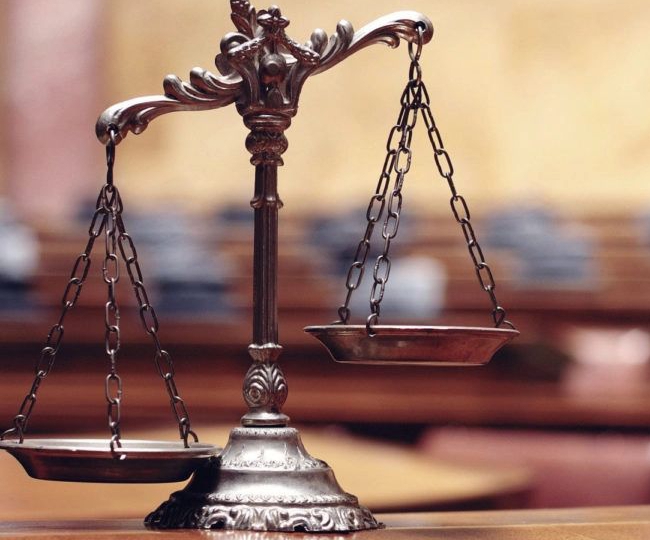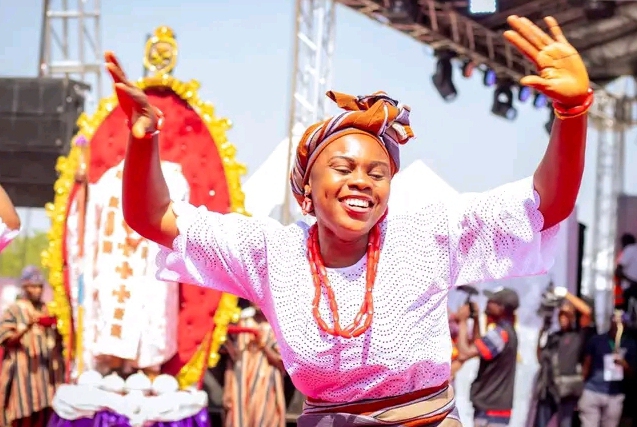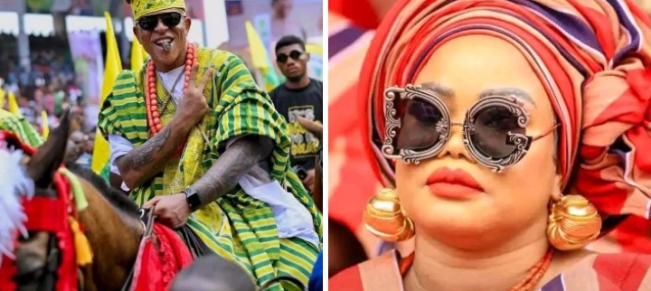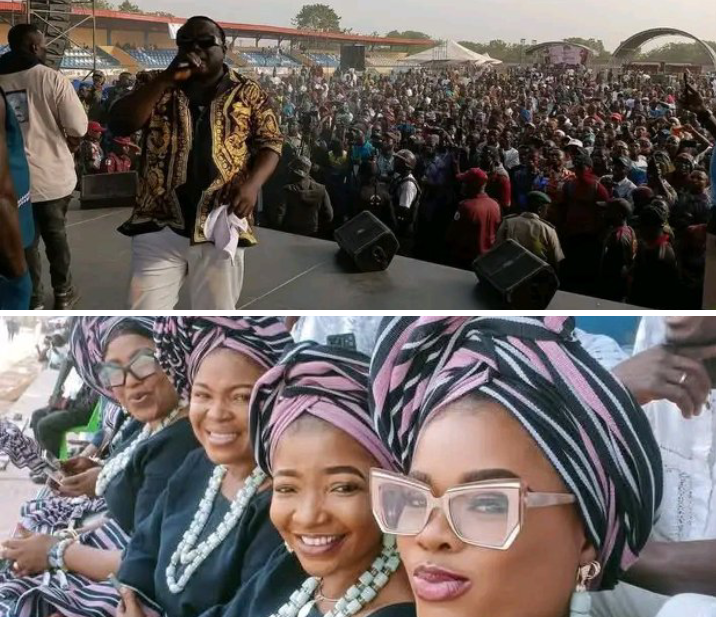Oguro royal dispute: Executive recklessness and search for justice
Khalid ABRAHAM
Oguro-Ile, headquarters of Ejigbo West LCDA is currently embroiled in crisis over succession dispute as the monarch of the town, HRM Oba Oyebamiji Tajudeen Oladepo is being challenged by sections of his subjects over the appropriateness of his occupying the exalted position. It is a Part II Recognized Chief, the highest rank in chieftaincy hierarchy.
Advertisement
Oba Oladepo was installed in 2017 following his approval by the then Osun state governor, Rauf Aregbesola. The approval was however challenged by the five ruling houses of Oguro, the kingmakers and the generality of the people of the community, according to findings by insightonline.com.
“He is not the choice of neither the family nor the kingmakers,” an aggrieved member of one of the ruling houses, who however preferred anonymity said.
Advertisement
“There are five ruling houses who rotate the Oguro stool. They are Apake, Onida, Oyalu, Arojo and Olokuta. The last Ologuro hailed from Apake, the next should have been from Onida ruling house.
“Onida presented a candidate, who was elected and chosen by the nine kingmakers but the person who came second used his connection with the state government to get installed. That is the origin of the dispute.”
The kingmakers were composed of warrant chiefs appointed by the Governor Rauf Aregbesola administration. They consisted of two chiefs (Osolo and Oluode), Mogajis of the five ruling houses and two religious leaders (Christian and Muslim).
Further investigations revealed that Prince Olalekan Theophilus Olawuyi, a school principal in Ogbomoso, Oyo state, who hailed from Onida family, won the selection exercise conducted by the nine kingmakers, scoring four votes as against Tajudeen”s three. Two others got one apiece while others notched nil vote.
Advertisement
However, it is learnt, the state governor jettisoned the nominee of the kingmakers, instead announcing the “person who came second as the king-elect.”
The source continues, “In the first instance, he should not have been allowed to contest because the last Ologuro of Oguro-Ile, Oba Oyewole Muhammed Olafimihan also was from Apake ruling house. But through desecration of tradition he was allowed but still came second. How come the government that coordinated the selection exercise and supervised the election proper, which held in the local government hall ratified him!
“It also must be stated that the Apake ruling house had ruled twice while the four other ruling houses had done one each. By the wrongful installation of Oladepo it means Apake is taking its third turn. It is sad because this is with the connivance of the government.”
There were serious protests but the Aregbesola administration did not yield. “The approved candidate reportedly claimed the winner, Olawuyi, does not belong to the ruling house,” insightonline.com was further informed.
Advertisement

Prince Oladepo was eventually installed as Ologuro in spite of the protests by the kingmakers, the ruling houses and the people of the town.
This has prompted the aggrieved Oguro people to institute litigation to seek redress. The case is in court since 2018, with the date of judgement now in view.
“We appeal to the governor of Osun state, His Excellency Senator Ademola Adeleke, to institute an inquiry into the matter so that justice can prevail. The reign of Oba Oladepo has not been peaceful, it is fraught with crises. The governor needs to intervene as he has proven to be a man who stands by justice.”
The story of the Oguros is interesting. They are congregated in three major places, headed by traditional rulers of Oguro ruling lineages. Some occupy their original homestead, Oguro Igbo-Orita, in Ogo-Oluwa local government area of Oyo state, some are in Ogbomoso South local government, at Oke-Oguro quarters while the third major concentration is in Osun state, Oguro-Ile, near Ejigbo. Interestingly, the same five ruling houses are eligible for the thrones.
The progenitor of the Oguro people, Obalufon, is said to have hailed from Ile-Ife, the acclaimed cradle of the Yoruba people.
Obalufon settled in what became Igbo-Orita. The pandemonium arising from the 19th century Fulani wars provoked the split of the Oguro people as with several other clans. Many abandoned their ancestral homesteads but returned after the cessation of wars.
Apart from these major areas of concentrations there are Oguro descendants in many other cities and towns who all are proud of their proud heritage.






